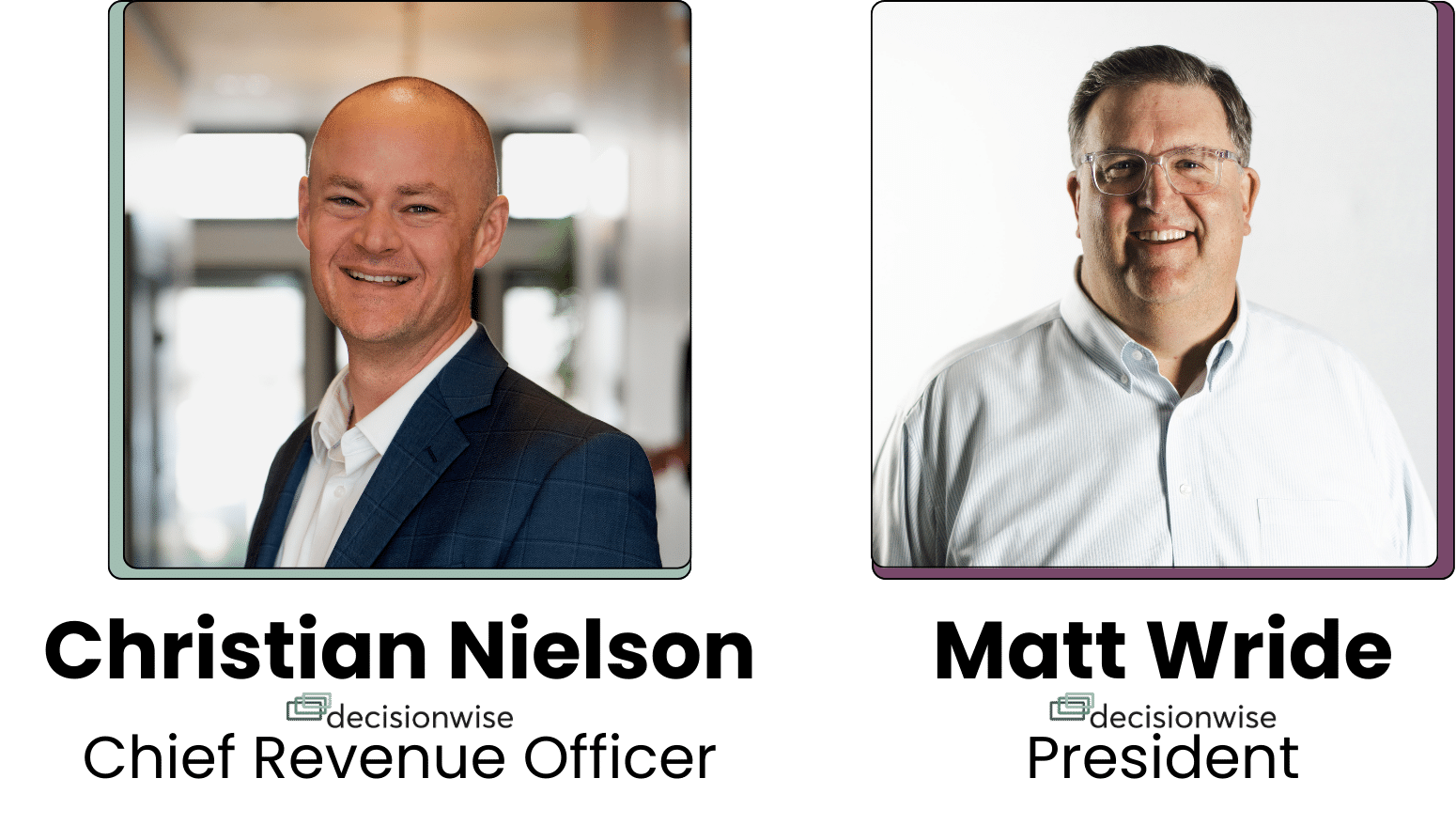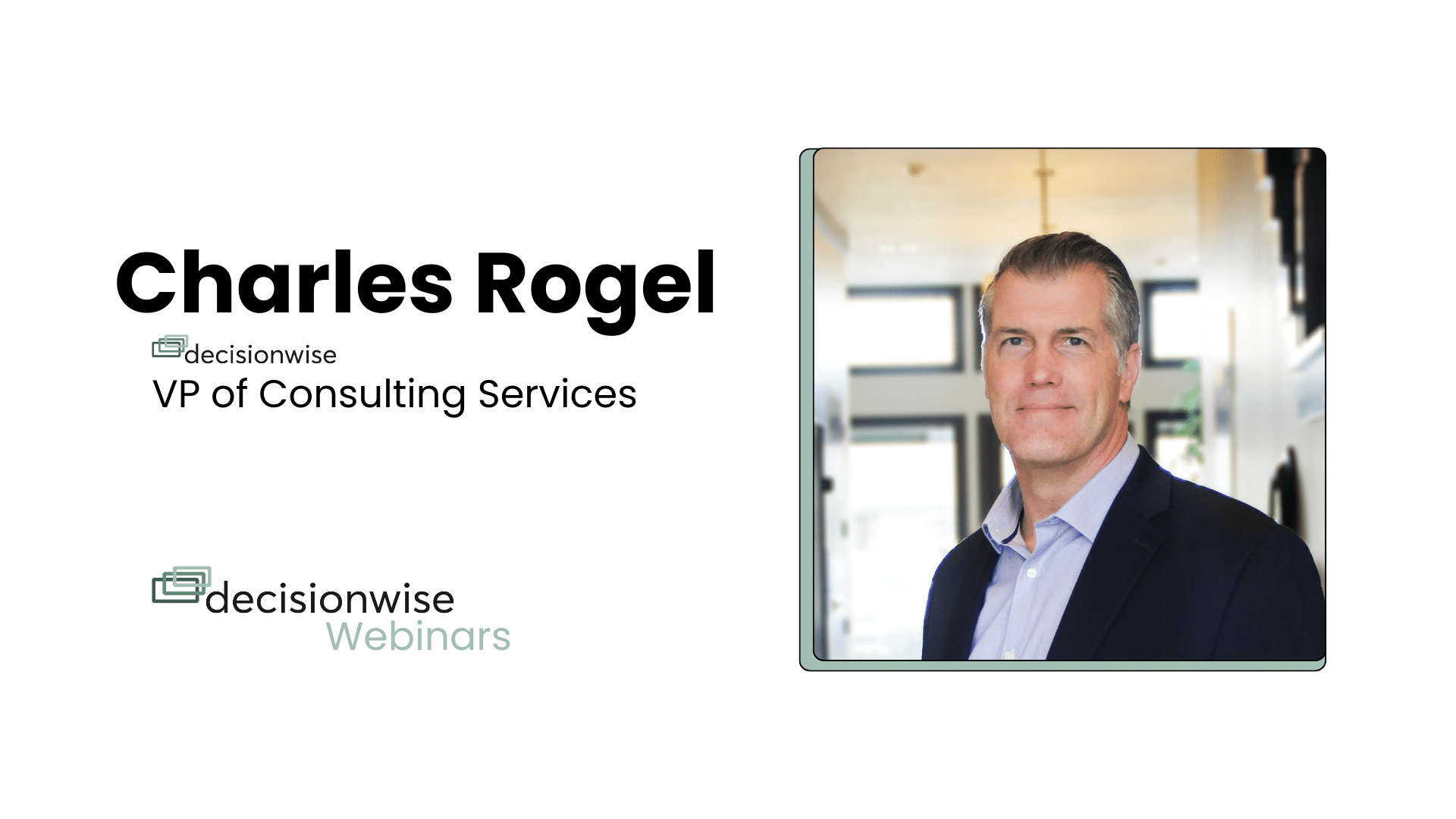In the rapidly evolving business landscape, the role of Human Resources (HR) has transformed from administrative to strategic. As HR leaders in modern organizations, understanding the pulse of your most valuable asset – your employees – is crucial. A comprehensive employee listening strategy is the key to this understanding.
Point-in-Time Surveys
Point-in-time surveys, such as employee engagement surveys and periodic pulse surveys, provide a snapshot of the workforce’s sentiment at a specific moment.
Employee Engagement Surveys
These surveys measure the level of employee commitment and connection to the organization. They help identify areas of strength and those needing improvement, contributing to a more engaged and productive workforce. Moreover, they provide insights on many aspects of the employee experience, including Diversity, Equity, and Inclusion (DEI), tools, training, manager and team dynamics, and connection to the vision of the organization. By understanding these aspects, HR can develop targeted initiatives to enhance the employee experience and drive engagement.
Periodic Pulse Surveys
These are short, frequent surveys that track changes in employee sentiment over time. They allow organizations to quickly identify and address issues, fostering a positive work environment. By monitoring these changes, HR can be proactive in addressing concerns and maintaining high levels of employee satisfaction.
Employee Life-Cycle Surveys
Employee life-cycle surveys, including onboarding, exit, and anniversary surveys, offer insights into the employee experience at different stages of their tenure with the organization.
Onboarding Surveys
These surveys help understand the effectiveness of the onboarding process and identify areas for improvement, ensuring new hires feel welcomed and prepared. By optimizing the onboarding process, HR can set the stage for a positive employee experience from day one.
Exit Surveys
Conducted when employees leave the organization, these surveys provide insights into why employees leave and what can be done to improve retention. This feedback allows HR to address any systemic issues and improve the overall employee experience.
Anniversary Surveys
These surveys, conducted on the anniversary of an employee’s start date, help track employee satisfaction and engagement over time. They are typically short and celebrate an employee’s service milestone with a request for feedback. By celebrating these milestones and requesting feedback, HR can demonstrate that they value their employees’ contributions and are committed to their ongoing development.
360 Degree Feedback
360 Degree Feedback is a comprehensive review process where employees receive confidential, anonymous feedback from people they work with. This includes peers, managers, subordinates, and sometimes, clients. This feedback is invaluable for personal development, as it highlights strengths and areas for improvement, fostering a culture of continuous learning and growth. By facilitating this feedback, HR can support employees in their personal development and career progression, contributing to a culture of continuous improvement.
Confidentiality and Communication
Confidentiality is a cornerstone of an effective listening strategy. It encourages honest feedback, as employees can express their thoughts without fear of retribution. Communication, on the other hand, is about sharing the findings from these listening exercises with the employees, making them feel heard and valued. It also involves communicating any actions taken based on the feedback, reinforcing the organization’s commitment to improving the employee experience.
Conclusion
A comprehensive employee listening strategy, encompassing point-in-time surveys, employee life-cycle surveys, 360 Degree Feedback, is vital for any organization. It not only helps understand and address employee concerns but also fosters a positive work environment, leading to increased productivity, improved employee retention, and ultimately, organizational success. Implementing such a strategy demonstrates that the organization values its employees’ voices, contributing to a more engaged and committed workforce. Confidentiality and effective communication further strengthen this strategy, ensuring employees feel safe to share their feedback and valued for their contributions. This expanded content ensures a thorough understanding of the topic and provides valuable insights for any organization looking to enhance its employee listening strategy.
DecisionWise Measures & Enhances Employee Listening Strategies
Through robust data analytics and innovative tools, DecisionWise helps organizations measure and enhance their employee listening initiatives with Spectiv. DecisionWise’s comprehensive approach to measuring and enhancing employee listening strategies empowers organizations to foster a culture of open communication, improve employee engagement, and drive business success. We would love to speak with you and your initiatives to see where we can best assist you. You can contact us or request a demo of the Spectiv software platform today!




